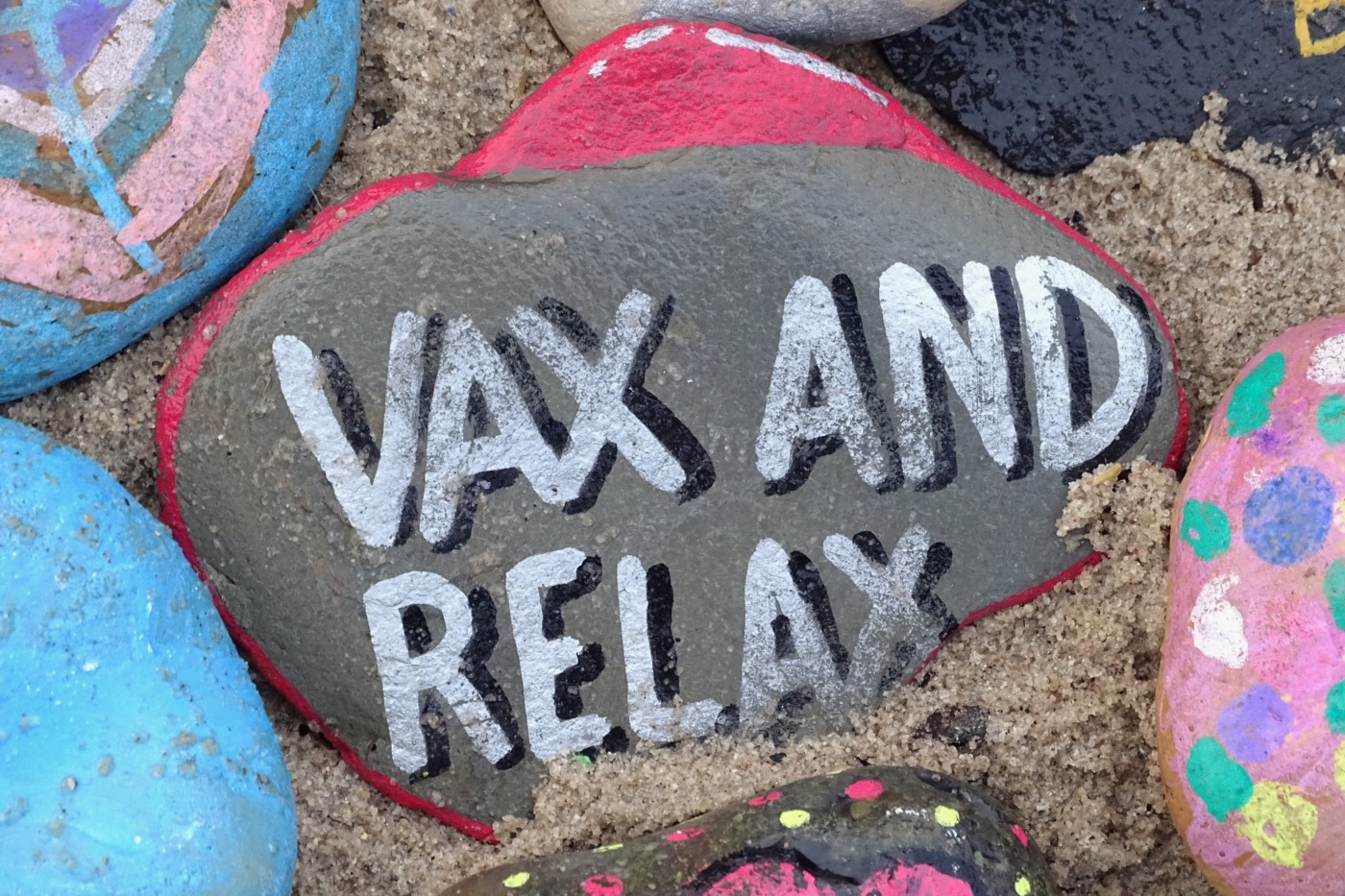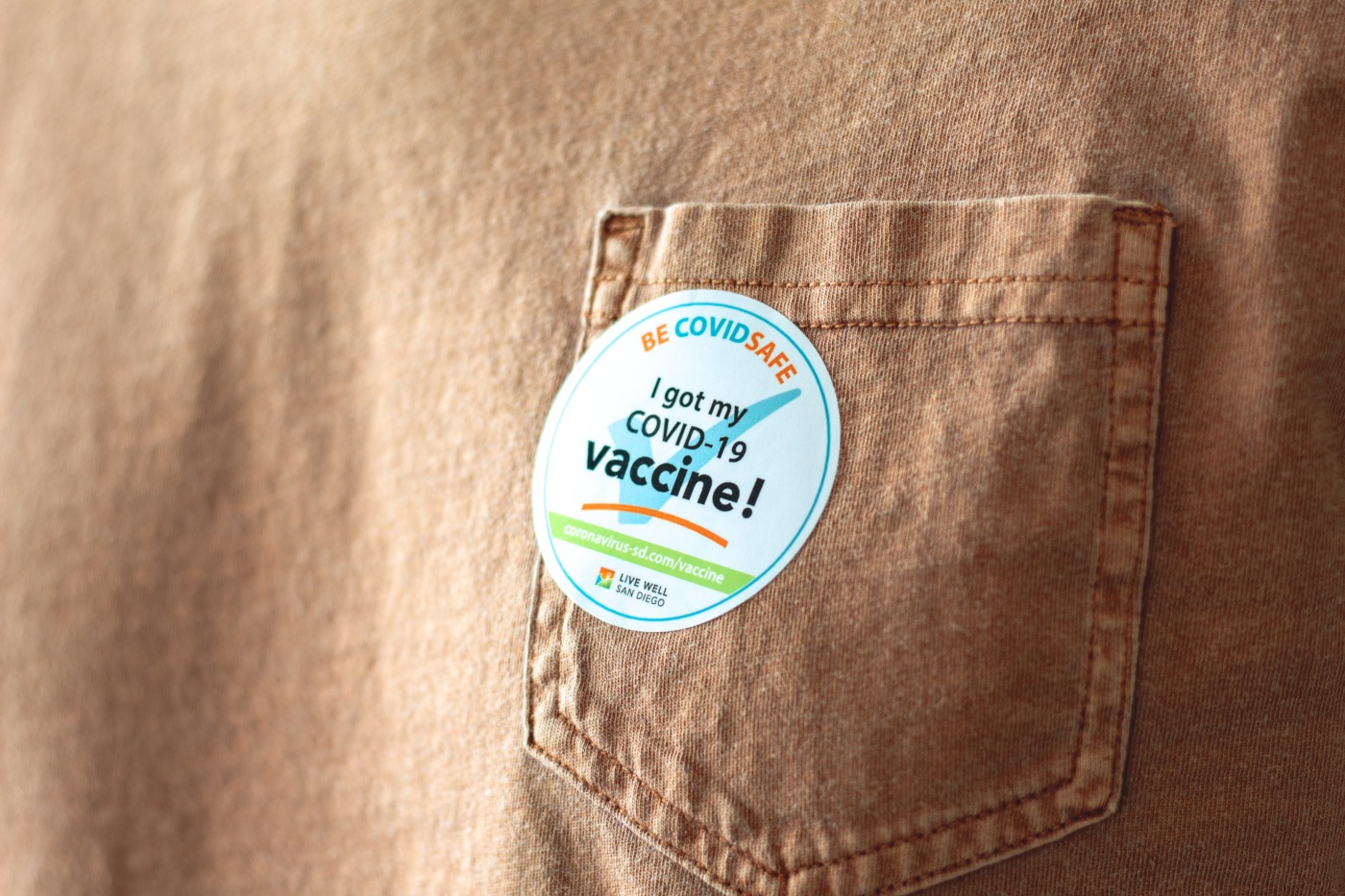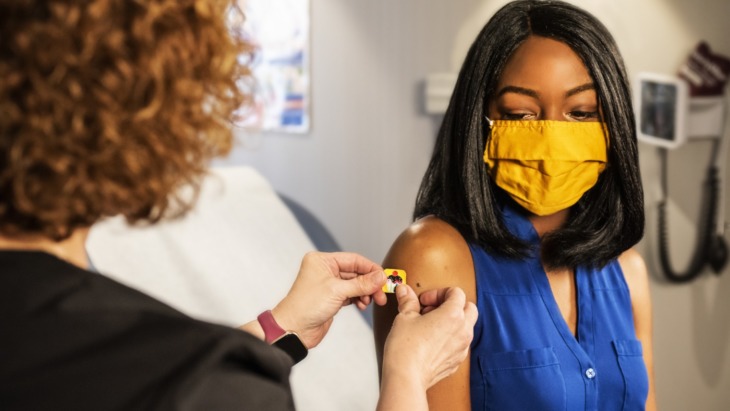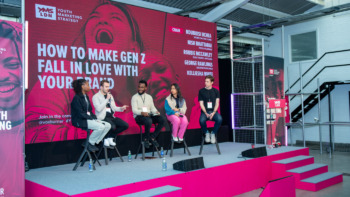The COVID-19 vaccination is available to the older members of Gen Z. But are they going for it? We asked our users.
Since the first COVID-19 vaccines were administered in early 2021, the demographics being offered the vaccine have gotten incrementally younger. We finally arrived at Gen Z in June, with those aged 25 receiving their invitation to book.
As of September 2021, Gen Zs aged 16-25 are eligible to receive a COVID-19 vaccine. There has been a myriad of commentary on vaccine hesitation – particularly among young people.
But just how prevalent is vaccine hesitation among UK students?
Studies – including one by Student Beans – indicate that any initial hesitation is in decline. The approach of a new term could be contributing to a shift in attitude among Gen Z – but it could also be that hesitancy among young people was overstated from the start. Here, we dig into some of the myths and misconceptions around Gen Z and the covid vaccine.
Gen Z students – how many are vaccinated?
When we asked Gen Z students if they were vaccinated against COVID-19, the majority said that they were – with 44% having received both doses, and a further 31% having had one dose. This means that 75% of eligible Gen Zs have had at least one dose of the vaccine.
While this tracks slightly lower than wider vaccine uptake across the UK, it’s worth noting that 16-and-17-year-olds only became eligible for the vaccine in August. Among 18-24-year-olds – who have been eligible for the vaccine for longer – uptake rises to 84%.

Out of the remaining 26% unvaccinated, 15% said that they do intend to get the vaccine at some point. 9% have chosen not to, and 2% cannot get it for medical reasons.
Ultimately, this means that 90% of eligible UK Gen Zs have been vaccinated or intend to be vaccinated.
Gen Z and vaccines: a positive view?
Young people have found themselves under scrutiny throughout the pandemic for various different reasons. Breaking lockdowns, spreading COVID-19, and now, their willingness to be vaccinated has been brought under the microscope, too.
In the US, there was a larger narrative surrounding the anti-vax movement even before COVID-19 came along. While anti-vax movements aren’t as strong here in the UK, the pandemic has brought vaccine hesitancy to the forefront of some conversations.
When asked how they felt their age group viewed the vaccine, an overwhelming majority (80%) of Gen Z students said they felt positively about the vaccine. Within this, 38% felt very positive about it, and 42% felt slightly positive. Out of the entire cohort, just 4% felt their age group had a very negative view of the vaccine.
There’s also a slight shift in opinion between older and younger Gen Z students. The older members of the cohort – who have had the option of a vaccine for slightly longer, and have had more time to research it – are more likely to feel positive about it compared to 16-17-year-olds.
Vaccine passports and the student population
With 65% of the UK population double-vaccinated, attention is naturally turning to vaccine passports. Already, double-vaccinated status can get you into certain events, excuse you from quarantining upon return from certain holiday destinations – and that’s on top of being up to 3X less likely to actually get COVID-19.

Universities, too, could impose their own restrictions on allowing unvaccinated students to attend in-person classes. 12% of our student users have already received confirmation that their university plans to do this, with 56% waiting on a verdict. On the whole, 56% students say they would welcome a vaccine requirement for in-person classes. 29% are unsure, and 15% say it’s a bad idea. Again, older Gen Zs are more supportive of this idea than 16-17-year-olds.
Brand involvement
As the vaccine rollout has continued – and with indications of vaccine hesitancy among younger cohorts – there has been a lot of discourse online and offline aimed at Gen Z. From government ad campaigns to influencer content, competitions to YouTube ads, there has been a huge drive to increase uptake.
It hasn’t gone unnoticed. 58% of Gen Z students agree with the efforts they’ve seen from brands – and while 22% don’t think brands should get involved, 20% don’t feel strongly either way.
As the start of university terms draw ever closer, it remains to be seen whether vaccine cards will sit alongside student IDs in Gen Zs’ wallets. But it’s looking good.
Looking for more information on Gen Z and COVID? Head right this way.














